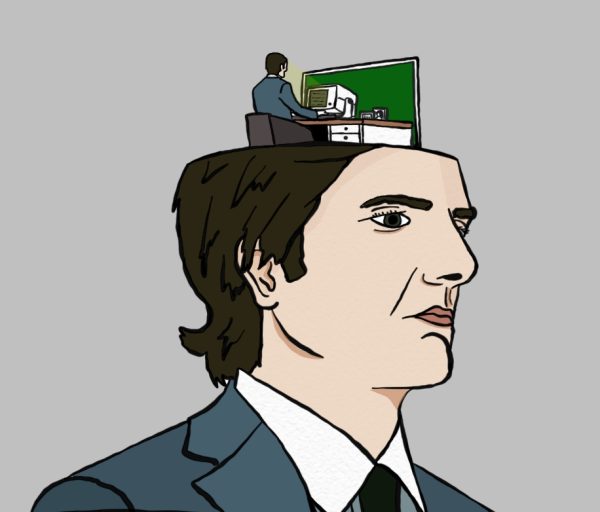The Wide World of Webcomics
A large amount goes on online; there are memes, cat videos, social media sites, and video games. Most notable, however, are webcomics, which are digital comics one can find online. In recent years, they have been quickly replacing comic books and newspapers. Note the numbers: the most recent issue of “Batman” sold only 110, 232 copies, while the original webcomic “Penny Arcade” receives a staggering amount of over two million hits per day. Webcomics have been growing increasingly popular in the past decade, and will likely continue doing so in the near future. Their increased popularity continues the traditions of comics and draws in more viewers.
New strips of typical Sunday comics such as “Garfield,” “Dilbert,” and “Foxtrot” can be viewed for free on sites such as Yahoo, the LA Times, and the Inland Valley Empire. The reason for this is the same as why newspapers have developed their own websites; the internet allows for easier access of news. Such is the same for those who enjoy the Sunday comics. Additionally, it is a common opinion that DC and Marvel should publish some of their material as webcomics because such actions would be the perfect way to gain more readers. In fact, the comic ‘Girl Genius” was originally published as a comic book, but later developed into a webcomic. Because of the millions of people that visit the Internet daily, it is likely that webcomics may receive more views than those published in newspapers.
Original webcomics, such as “Something Positive,” “User Friendly,” and “The Order of the Stick,” have never once seen the surface of paper. With such comics, it is sometimes easy to see how publishing only on the Internet can affect the style of the comic. For example, the comic“Penny Arcade” centers around computer games, and “User Friendly” revolves around a staff of an Internet service provider, so most of the humor is technology-based. However, such plotlines, if published on paper, would not have the same humorous effect as the audience would not understand that particular topic. The audience of a newspaper is different from online viewers, in the sense that the average webcomic reader may understand more of the Internet savvy jokes. Online comics allow for a new range of jokes specifically targeted at a newer generation. These comics would not have been as popular if they had been published in a newspaper or as a comic book.
One such example of how webcomics can claim critical and financial success is “Homestuck,” first published on author Andrew Hussie’s website, MSPaintAdventures, in 2009. Its general summary is about four kids who discover a game called Sburb that when played, ends the universe as they know it and tasks them with creating a new one. Due to its complex plotline, a cast of over a hundred characters, and its length, “Homestuck” has been compared by critics to “The Odyssey.” It has also been praised for the unique format instead of the typical comic-book panels; “Homestuck” consists of one panel per page, sometimes these panels consisting of interactive games and flash videos. “Homestuck” has become so popular that it has its own merchandise company known as “What Pumpkin,” which has sold a considerable amount of products, including art prints, clothing, toys, key chains, and jewelry. It has also produced a series of albums, featuring music that directly ties in with the comic and the characters, some of which were used in the actual comic. “Homestuck” is a prime example of how original webcomics can become their own commercial empires, and how popular webcomics can be. Similar results could not have been achieved had the comic been published in print because of the format and the many plot elements that relate directly to the Internet.
The twenty-first century is calling for a rapid transition from printed paper to computer pixels. The online comic phenomenon is just one example of how many sources of entertainment are going digital. However, that does not mean that one’s beloved comics are disappearing. In fact, these comics are now just a mere click away.
Hello there! Our goal is to provide relavent, engaging journalism for readers of all ages. Your donation will support the student journalists of the Wolfpacket at Claremont High School, and will allow us to purchase equipment, print our monthly issues, and enter in journalism competitions. We appreciate your consideration!

Isabella Cisneros is a senior at Claremont High School and has been on the Wolfpacket for four years, currently holding the position of both Online Manager...







